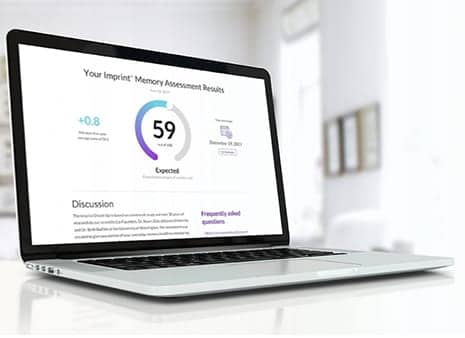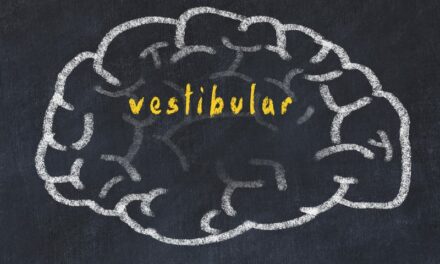Neurotrack has received a fast-track grant from the National Institute on Aging (NIA), part of the NIH, to assess how the company’s Memory Health Program affects memory health in those at risk for Alzheimer’s and related dementias.
The grant, awarded through the NIA’s Small Business Innovation Research (SBIR) Seed Fund, will enable Neurotrack to fully evaluate its delivery, use, and impact on improving cognitive health among those at-risk over a 2-year period.
The company will collaborate with Dr Michelle Gray at the University of Arkansas Exercise Science Research Center (ESRC) on the study.
Neurotrack’s Memory Health Program is described as a digital, multi-domain lifestyle intervention. The fast-track grant, worth up to $3.3 million, is pending the completion of milestones, a media release from Neurotrack explains.
“We are honored to receive the NIA’s support to conduct this groundbreaking study into what could become a novel method for how we approach scalable risk reduction of pathological cognitive decline in the future,” says Nick Bott, PsyD, chief science officer at Neurotrack, in the release.
“If successful, this study will not only validate the role of Neurotrack’s digital therapeutic in managing one’s memory health, but also, identify an intervention that can potentially slow the growing number of dementia diagnoses substantially, by targeting adults whose overall risk profile may be reasonably attacked through a multi-domain intervention,” Bott adds.
Neurotrack’s Memory Health Program is an app-based, personalized digital therapy that supports behavioral change across multiple risk factors such as physical activity, nutrition, vascular health, and cognitive training, through on-demand health as well as coaching that can be accessed anywhere. It leverages the FINGER protocol (The Finnish Geriatric Intervention Study to Prevent Cognitive Impairment and Disability) — a multi-year study led by Neurotrack Scientific Advisory Board member Dr Miia Kivipelto, which identified multi-domain behaviors in older adults can improve cognition — and eye tracking technology developed by Dr Stuart Zola, at Emory Alzheimer’s Disease Research Center and Neurotrack Co-founder, to both measure one’s cognition and manage it over time.
The digital therapy has two components: multi-modal neuropsychological assessments that give users baseline and longitudinal measurement of their cognitive health, and a multi-domain memory health program that will help users manage important lifestyle behaviors that can play role in one’s cognitive well-being, per the release.
“Alzheimer’s doesn’t have to be the crippling pandemic it is on course to become. The impact it will have on communities around the world can be reduced, by making tools for cognitive health better accessible, alongside the pursuit of non-pharmacological interventions,” states Elli Kaplan, co-founder and CEO, Neurotrack.
“We’re thrilled to have been awarded this grant to continue our work and protect the memories of millions.”
[Source(s): Neurotrack, PR Newswire]





